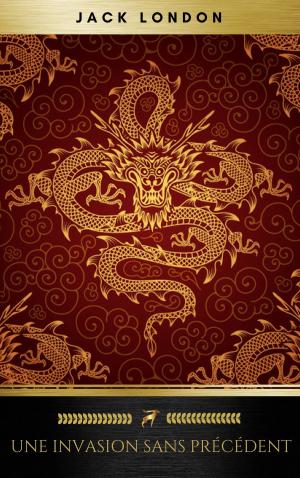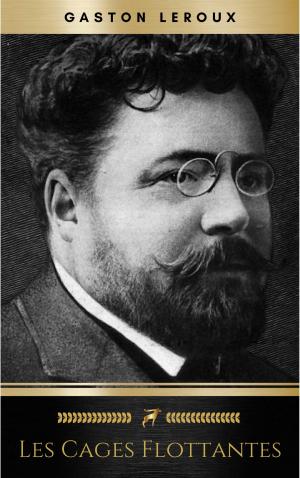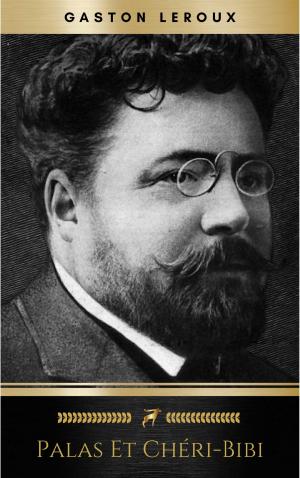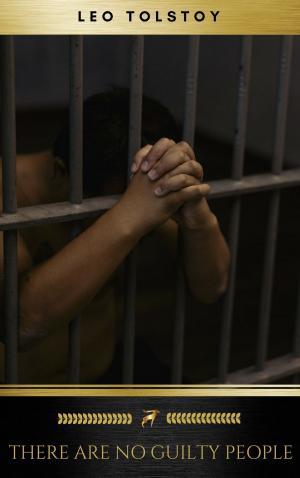| Author: | Joseph Conrad, Golden Deer Classics | ISBN: | 9781535455473 |
| Publisher: | Oregan Publishing | Publication: | April 15, 2017 |
| Imprint: | Language: | English |
| Author: | Joseph Conrad, Golden Deer Classics |
| ISBN: | 9781535455473 |
| Publisher: | Oregan Publishing |
| Publication: | April 15, 2017 |
| Imprint: | |
| Language: | English |
"An Outpost of Progress" is a short story written in July 1897 by Joseph Conrad, drawing on his own experience at Congo. The story deals with two European men, named Kayerts and Carlier, who are assigned to a trading post in a remote part of the African Jungle. There they take part in ivory trading, hoping to financially benefit the company as well as themselves. With no specific tasks or important things to be done, they both become increasingly isolated and demoralized as the time goes by. At one point in the story, the native Makola, serving as Kayerts's and Carlier's bookkeeper, initiates an exchange of slaves for ivory. Initially Kayerts and Carlier are stunned and scandalized by the idea, yet eventually they accept the deal and aid Makola for his huge profit. Both men are continuously plagued by diseases and grow very weak physically towards the end of the story. Finally, a seemingly trivial matter – sugar – sparks an irrational, uncontrolled and violent conflict between them, and ends tragically as Kayerts accidentally shoots and kills Carlier. At the end of the story, just when the company steamboat approaches the station two months later than it should have, Kayerts hangs himself out of desperation.
"An Outpost of Progress" is a short story written in July 1897 by Joseph Conrad, drawing on his own experience at Congo. The story deals with two European men, named Kayerts and Carlier, who are assigned to a trading post in a remote part of the African Jungle. There they take part in ivory trading, hoping to financially benefit the company as well as themselves. With no specific tasks or important things to be done, they both become increasingly isolated and demoralized as the time goes by. At one point in the story, the native Makola, serving as Kayerts's and Carlier's bookkeeper, initiates an exchange of slaves for ivory. Initially Kayerts and Carlier are stunned and scandalized by the idea, yet eventually they accept the deal and aid Makola for his huge profit. Both men are continuously plagued by diseases and grow very weak physically towards the end of the story. Finally, a seemingly trivial matter – sugar – sparks an irrational, uncontrolled and violent conflict between them, and ends tragically as Kayerts accidentally shoots and kills Carlier. At the end of the story, just when the company steamboat approaches the station two months later than it should have, Kayerts hangs himself out of desperation.


![Cover of the book Leo Tolstoy: The Complete Novels and Novellas [newly updated] (Book Center) (The Greatest Writers of All Time) by Joseph Conrad, Golden Deer Classics](https://www.kuoky.com/images/2017/march/300x300/9791097338084-emQR_300x.jpg)












